Himachal Cloudburst: Landslide Kills 13, Rescue Operations Underway- In Pics
)
The Indian Army and National Disaster Response Force (NDRF) have been deployed to assist with rescue and relief operations. Their involvement has been crucial in reaching remote and inaccessible areas affected by the landslides.
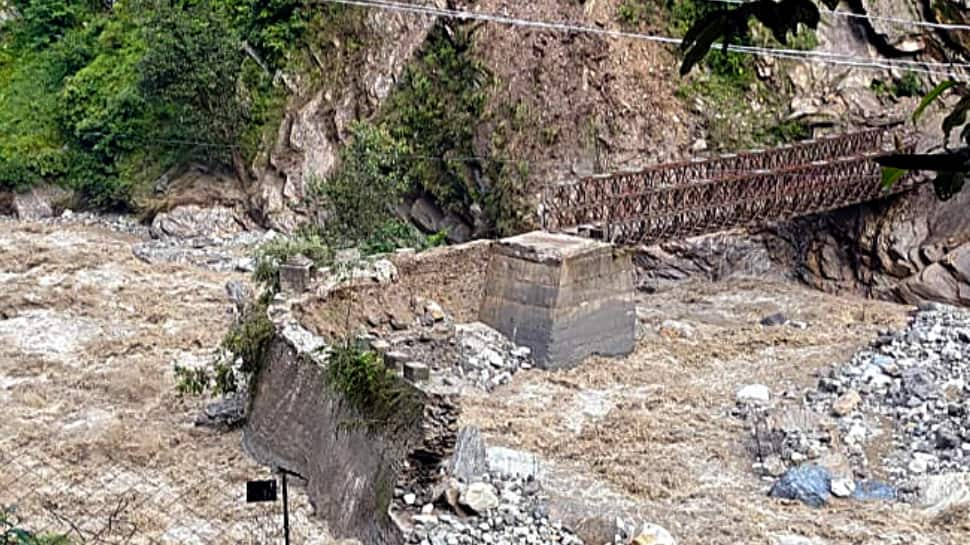
Roads, bridges, and buildings have been severely damaged, disrupting transportation and communication networks. The destruction of critical infrastructure has posed significant challenges for rescue and relief operations.
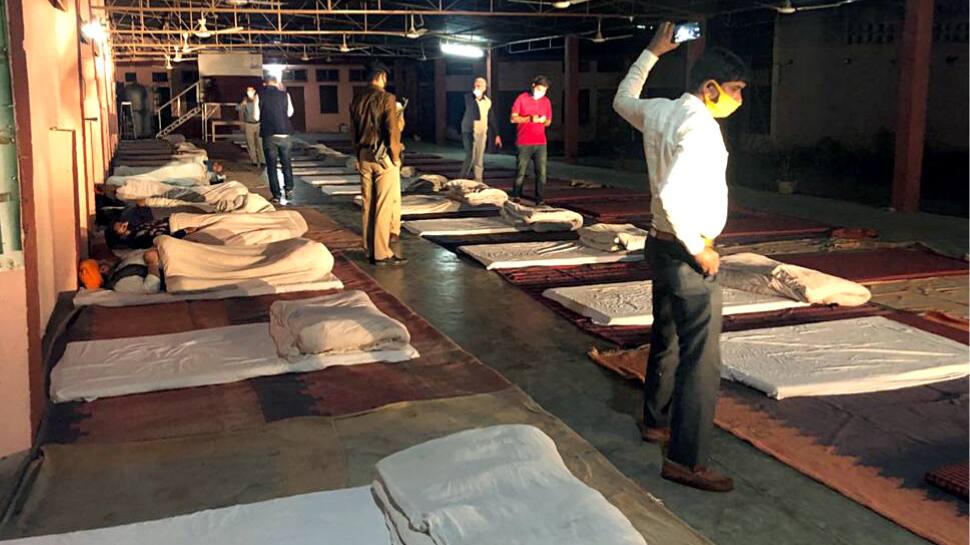
Authorities have initiated evacuation efforts in high-risk areas to prevent further loss of life. Temporary shelters have been set up to accommodate those displaced by the landslides, providing them with necessary aid and support.
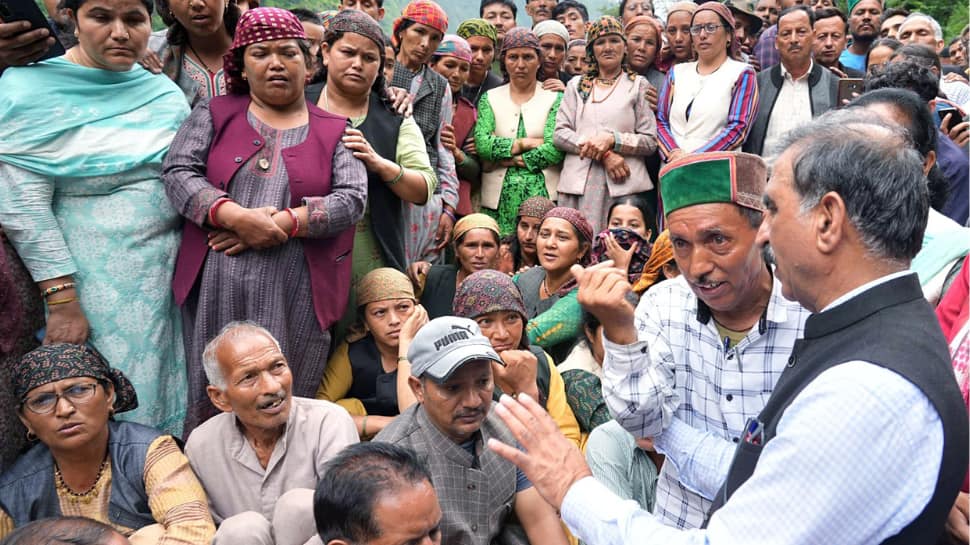
Himachal Pradesh Chief Minister Sukhwinder Singh Sukkhu stated that rescue and relief operations are ongoing, and 29 people stranded at a power project site have been safely evacuated. The Himachal Pradesh government has announced financial assistance and relief measures for affected families.
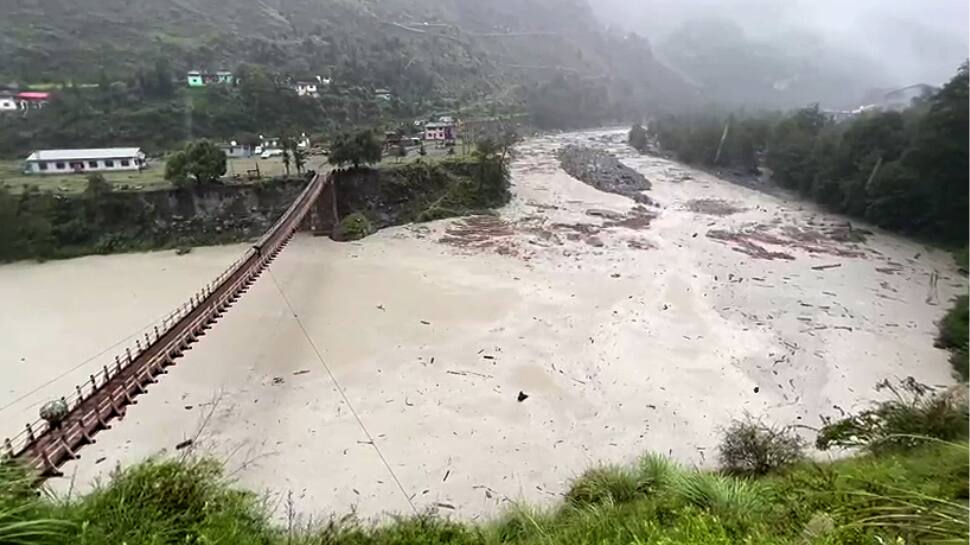
A severe cloudburst in the Kullu district exacerbated the situation, causing flash floods and further landslides. The sudden burst of heavy rain overwhelmed rivers and streams, leading to rapid flooding of nearby areas.
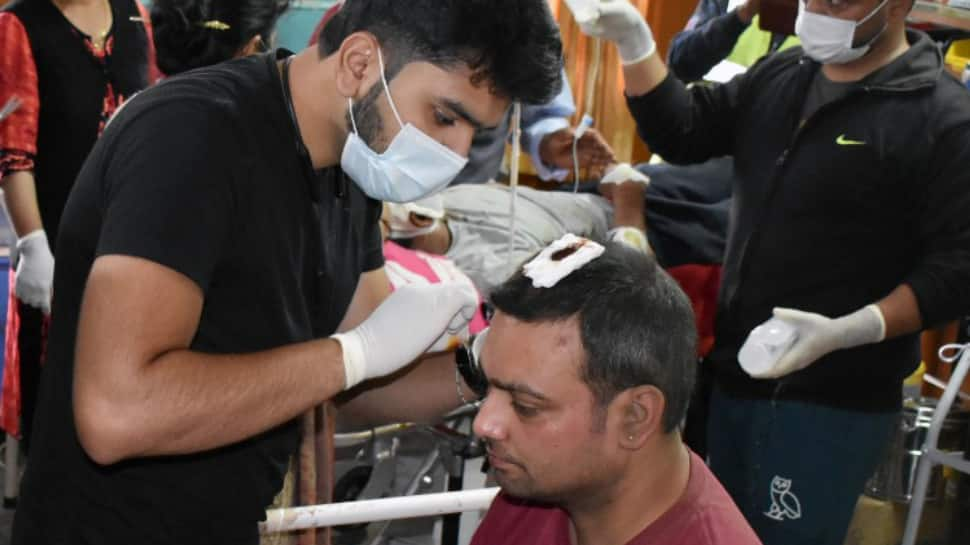
The recent landslides have resulted in tragic loss of lives and injuries. Rescue operations are ongoing to find missing persons and provide medical assistance to those affected.
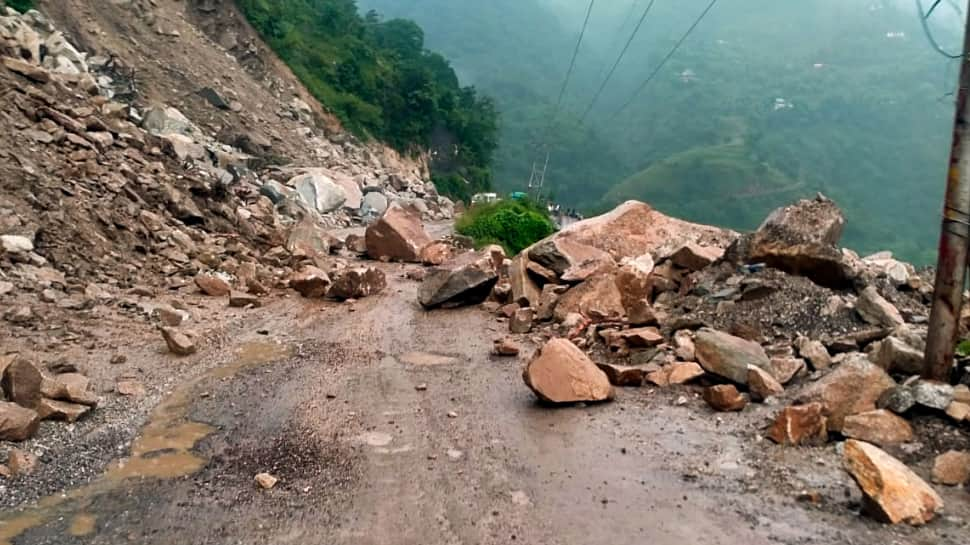
Heavy and persistent rainfall in Himachal Pradesh has led to numerous landslides across the region. The sudden deluge caused soil erosion, making the terrain unstable and resulting in several landslides that have disrupted daily life and infrastructure. Flash floods and landslides have resulted in the closure of 114 roads in Himachal Pradesh.
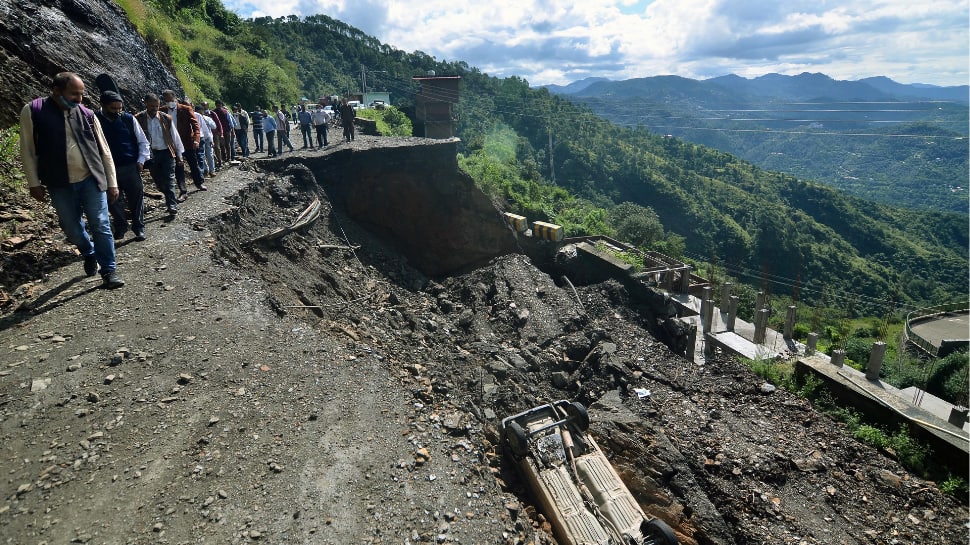
According to the IMD, heavy rainfall is expected to persist in Himachal Pradesh from August 4 to 10. The weather department forecasts widespread rain in the Himalayan state, starting with fairly widespread rainfall on Monday and continuing with extensive rainfall through August 10.

